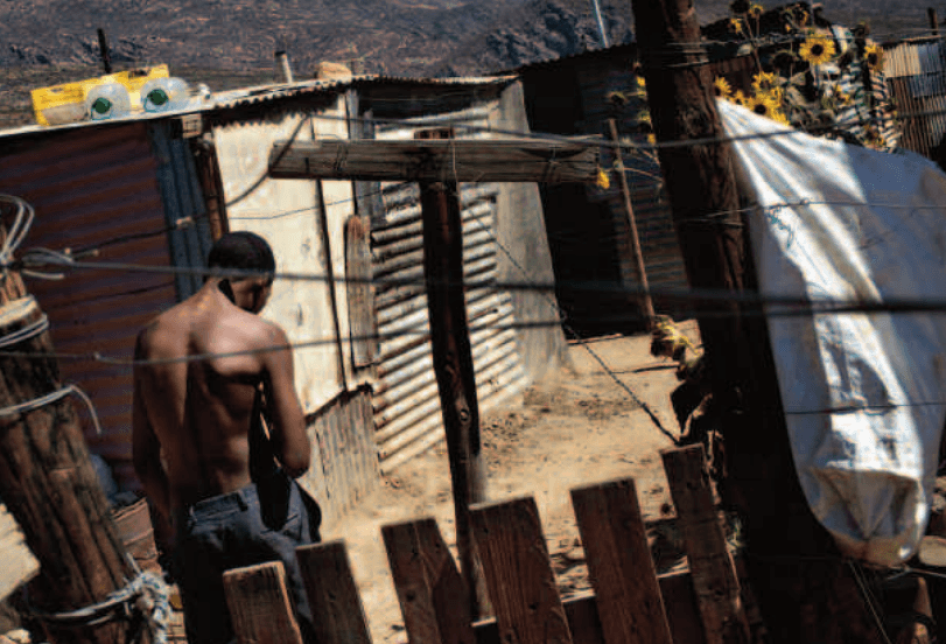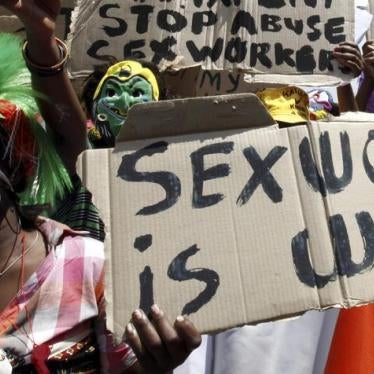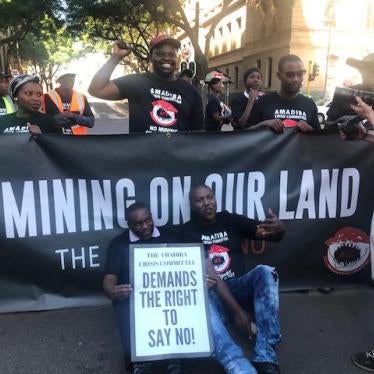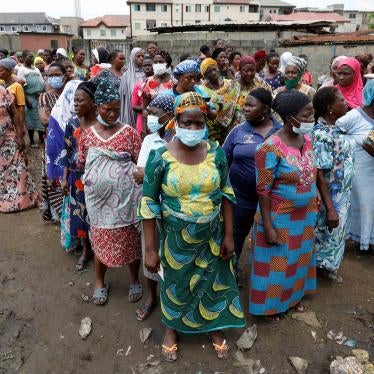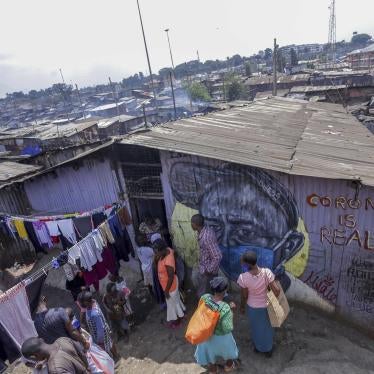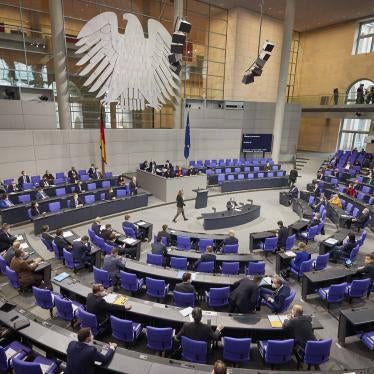President Donald Trump is again spreading misinformation, this time in a tweet that echoes white supremacist propaganda about South Africa’s much-needed land reform agenda.
South Africa’s national discussion on land reform has been open and transparent since it began 24 years ago. South Africa’s sordid history of apartheid, a system of discrimination based on race, includes laws such as the 1913 Native Land Act that formalized discriminatory rules on buying and leasing land and racial segregation in land ownership. These policies are reflected in the extreme inequality in land ownership in South Africa today, where blacks make up 80 percent of the population but as the latest Land Audit Report shows, possess title deeds to only 4 percent of all farms and agricultural holdings by individual land holders. Reform aims to improve access to land for all and reduce wealth inequality in South Africa.
Over the last two years, South Africa’s parliament has made land reform a priority, but heated debate continues over how to implement the reform agenda. Several experts say the reform, initiated in 1994, was poorly implemented and there is no question that land redistribution to black South Africans has been slow. Despite agreement by different segments of South African society, including politicians, academics, lawyers, and civil society, that reforms should be more effective, there is disagreement about how to expropriate land to meet the objectives of restitution, redistribution, and equitable access to land – for example, with or without compensation.
Recent public hearings organized by the Constitutional Committee of Parliament to discuss amending the constitution to allow for expropriation of land without compensation has overshadowed discussions about the broader range of measures needed. Section 25 of the constitution, which is the subject of the amendment discussions, protects the right to property and provides for fair expropriation that reflects a balance between the interests of the public and those affected. Discussions on reform should focus on a process that would include restitution, redistribution, improving access, and strengthening tenure over urban plots, farmland, and communal lands.
South Africa’s land reform process has been and will be challenging, as land reform the world over is. But it is essential to reverse the country’s legacy of stark inequality, and those that lead it should strengthen efforts to ensure expropriation of property is equitable and just.


